Are You a Spooked Investor?
After a short cat nap, volatility has come back to startle the US equity markets. The CBEO Volatility Index, (aka The Fear Indicator), began increasing after the market closed at a record high on September 18th. Since then, the VIX has lept up over 76% while the S&P 500 has trickled down about 5%.
Unquestionably, the stock market is at another crossroads. The double-digit gains over the last couple of years belie the concerns that most people have over the economy and the uncertainty that continues to blanket the markets. And, if you've listened to the financial media as of late you know the pundits are now throwing out their doom and gloom prognostications like tootsie rolls in a parade. Surely these spooky forecasts by a media anxious to sell papers and air time should not be at all that surprising. But heck, even if we were to buy into the hype, should we really be all that concerned?
Source: Y-Charts
I submit that the only thing about bear markets that should matter to investors is how they react to them. First, should anyone be surprised when a bear market occurs? They happen with some regularity. While we can't really predict when they will occur, we know they will. And we also know it's quite likely they will eventually give way to another bull market. In fact, there have been 23 bear markets in the last 100 years, each followed by a stronger bull market.
But here is the more important tidbit that investors need to know. The average duration of a bull market is 32 months while the average bear market lasts only about 11 months. More importantly, the average bull market increase has been 119 percent, while the average bear market has declined about 27 percent. What that should tell investors is the bear markets have been temporary setbacks while bull market advances are typically more enduring. Put another way, for each bull market, the losses incurred during the bear market that preceded it were fully recovered and the advances of the prior bull market were extended.
For long term investors, bear markets are healthy and necessary without which there would be no risk premium available in the market from which to generate returns. In essence, it is an efficient market’s way of pricing in the extreme unpredictability of long term returns in the shorter term. Normally in a bear market, disciplined investors with a strategy are significantly rewarded in the long run while investors that get too spooked lock in irretrievable losses.
Second, trying to time the market, in anticipation of bears, bulls, rallies and corrections, is fool’s errand for long term investors. Very few professional investors have been able to time the markets with a degree of consistency that gives them any advantage over buy-and-hold investors. In fact, Morningstar calculated that over the last decade managers that engaged in market timing underperformed regular stock mutual funds by 1.5 percent over a decade. According to Morningstar, to gain any edge, the active managers would have to be correct in their timing 70 percent of the time, which is nearly impossible over that time span.
Let's admit it. Most people are lousy timers and of course none of us can predict the future. How many times have you tried to shift your way through stop and go traffic only to end up in the slowest lane again? For investors, the real cost of lost time and opportunity are almost always greater than the potential benefit of shifting your portfolio around when things seem scary.
The key takeaway here is to make sure you have a disciplined, repeatable investment strategy. Believe it or not you have little control over the pricing of your investments. Focus on your allocation, portfolio holdings, and keep the emotions out - especially when you're feeling spooked. - J. Loyd
“A prediction about the direction of the stock market tells you nothing about where stocks are headed, but a whole lot about the person doing the prediction.”

